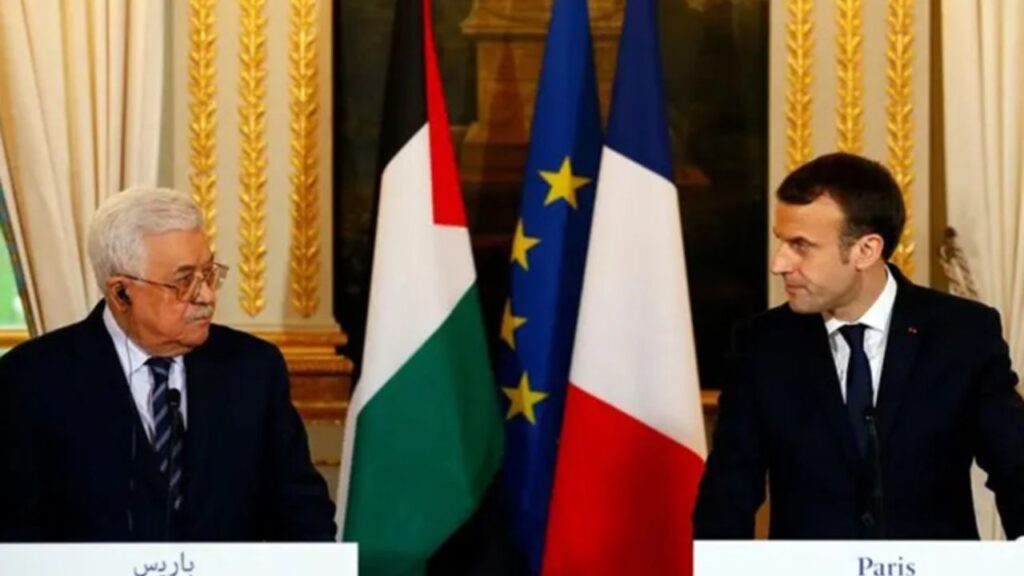In a landmark development, several of Israel’s closest allies have formally recognised the State of Palestine, marking a dramatic departure from decades of Western policy.
On Sunday, the United Kingdom, Canada, Australia, and Portugal jointly announced their decision to grant recognition, citing the ongoing humanitarian catastrophe in Gaza and the urgent need to preserve the possibility of a two-state solution. Britain’s move carries particular weight, given its historical role in the creation of Israel and the displacement of Palestinians.
The recognition drew a swift and angry response from Israel, with Prime Minister Benjamin Netanyahu calling the move “absurd” and warning it could threaten Israel’s existence. The United States, Israel’s staunchest supporter, also rejected the decision, dismissing it as “performative” and counterproductive.
More Countries to Follow
Momentum appears to be building. Belgium, France, Luxembourg, Malta, New Zealand, and even Liechtenstein are expected to extend recognition during a United Nations conference in New York on Monday. French President Emmanuel Macron, who pledged recognition earlier in July, is set to make France the first G7 nation to formally endorse Palestinian statehood. The special conference will be co-chaired by France and Saudi Arabia at the opening of the UN General Assembly.
According to the UN, at least 145 of its 193 member states now recognise Palestine. Germany and Italy remain among the Western holdouts, maintaining opposition to formal recognition.
For Palestinians, the moment represents a breakthrough in their long quest for sovereignty. Although Palestine has no defined borders, lacks full control of its territory, and remains under Israeli occupation in Gaza, international recognition strengthens its claim to statehood and brings renewed attention to the two-state framework.
Leaders Speak Out
British Prime Minister Keir Starmer said recognition was intended “to revive the hope of peace” and secure “a safe and secure Israel alongside a viable Palestinian state.”
Australia’s Prime Minister Anthony Albanese described the move as acknowledging the “legitimate and long-held aspirations of the Palestinian people.” Portugal’s Foreign Minister Paulo Rangel added that the two-state solution was “the only path to a just and lasting peace.”
Why Israel and the U.S. Object
Israel and the United States argue that recognition at this stage rewards militant groups like Hamas and undermines Israel’s security. Washington insists that peace can only be achieved through direct negotiations, not unilateral recognition. The U.S. also stressed its immediate priorities remain the release of Israeli hostages in Gaza and ensuring Israel’s security.
India’s Early Recognition
While Western powers are only now moving toward recognition, India was among the earliest supporters of Palestinian statehood. New Delhi recognised the Palestine Liberation Organization in 1974 and extended recognition to the State of Palestine in 1988. India also consistently voted in favour of resolutions supporting Palestinian rights at the UN, even as it maintained growing ties with Israel.
Since the Hamas attacks of October 7, 2023, however, India’s stance has appeared more balanced. Prime Minister Narendra Modi swiftly condemned the assaults as terrorism and expressed solidarity with Israel, while India also continued to call for protection of civilians and voted in favour of a recent UN resolution backing a two-state solution.
A Turning Point
With the death toll in Gaza surpassing 65,000 and widespread famine reported, international patience appears to be wearing thin. The latest recognition drive signals that many nations now view the creation of a Palestinian state not just as desirable, but as essential to regional peace.
For Palestinians, this wave of recognition may not bring sovereignty overnight, but it marks a powerful shift in global opinion—and a reminder that their struggle for statehood remains firmly on the international agenda.

